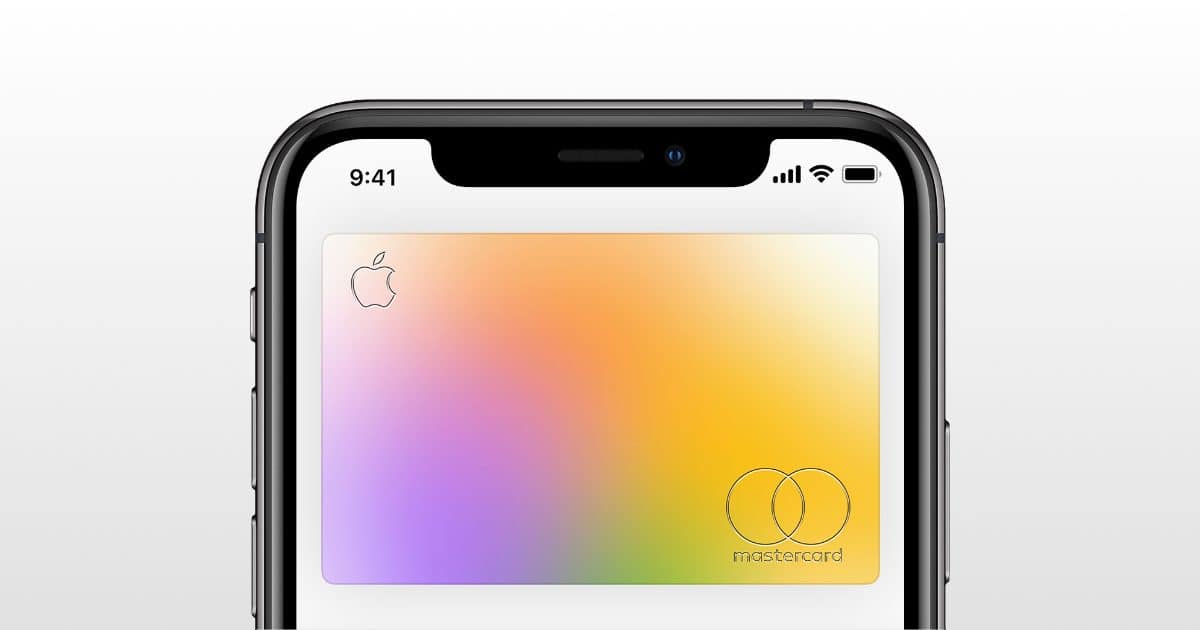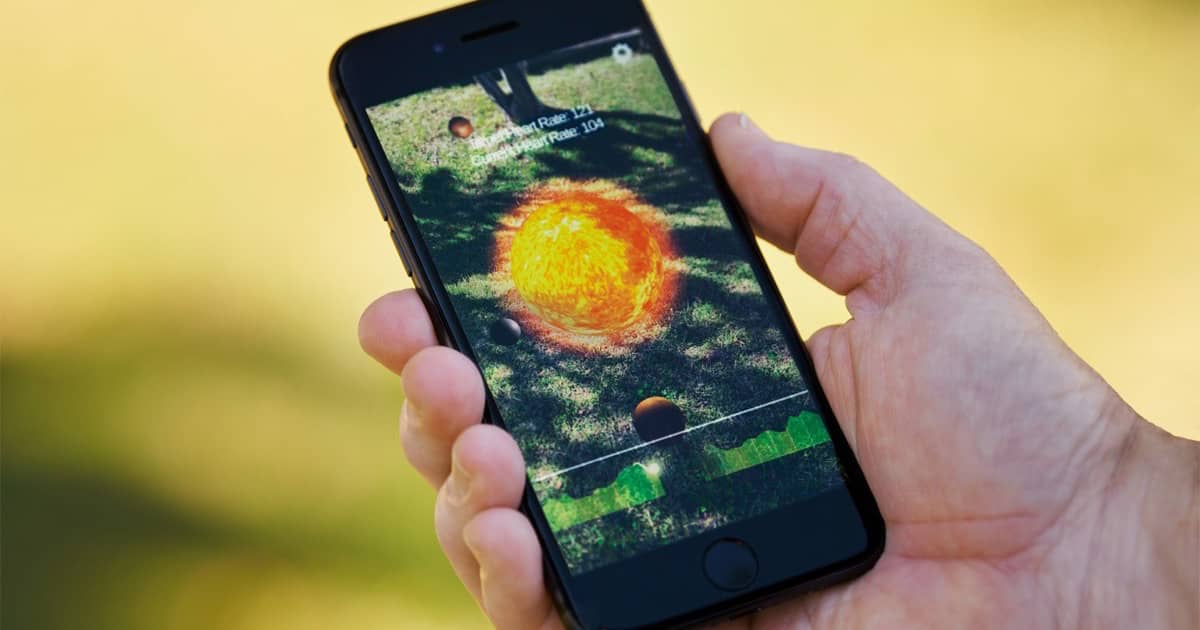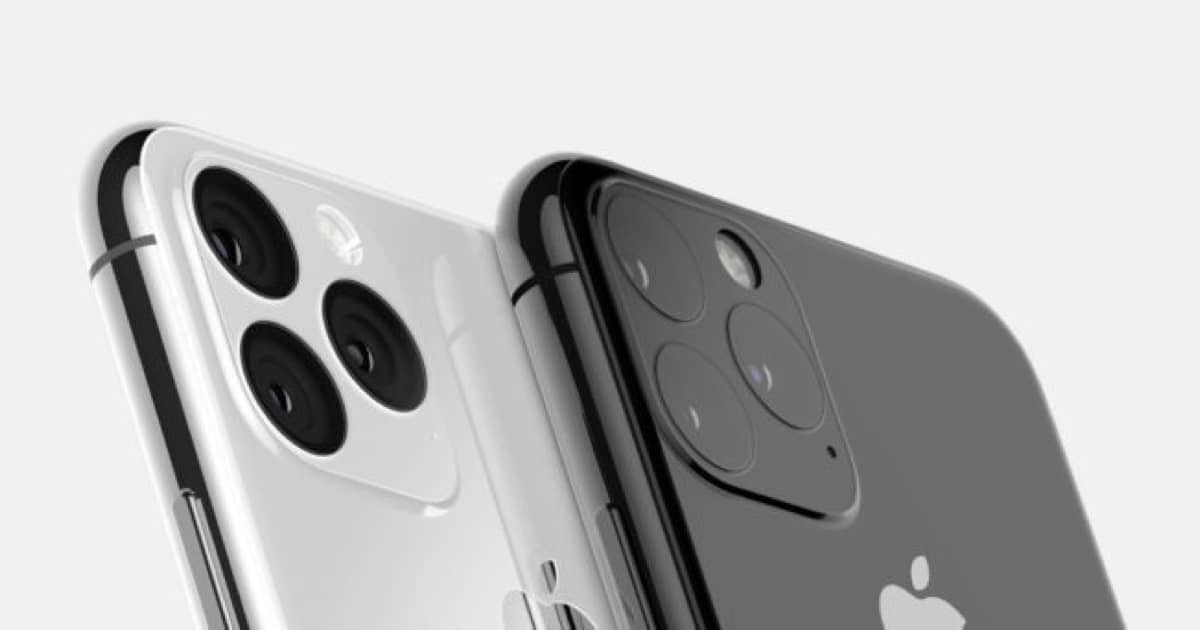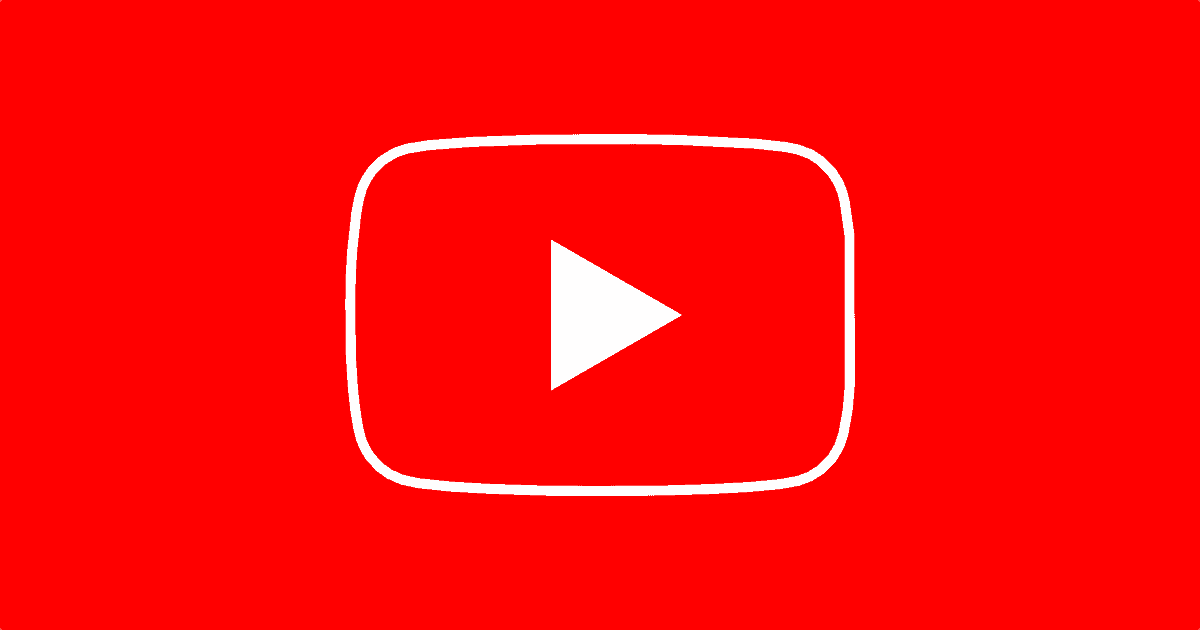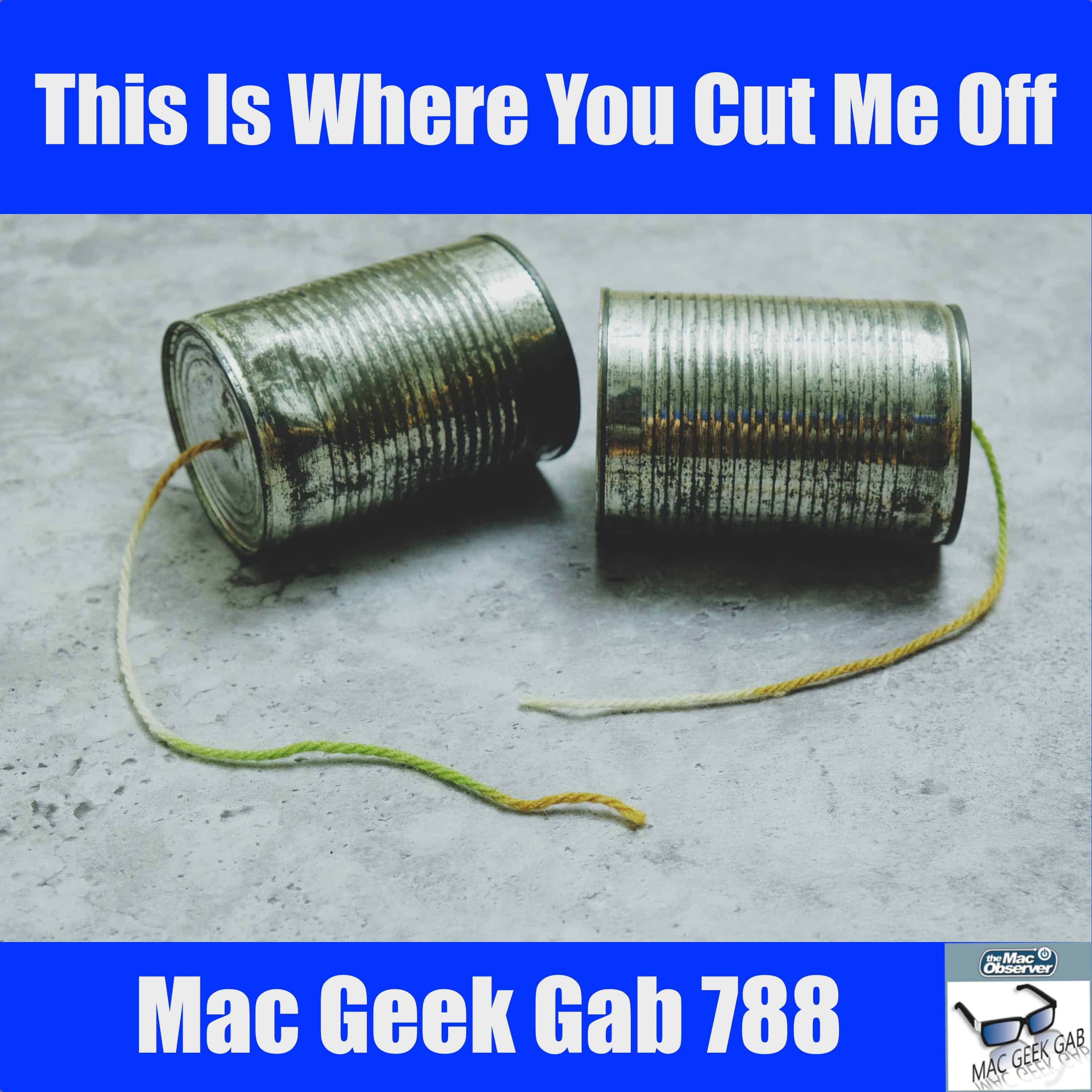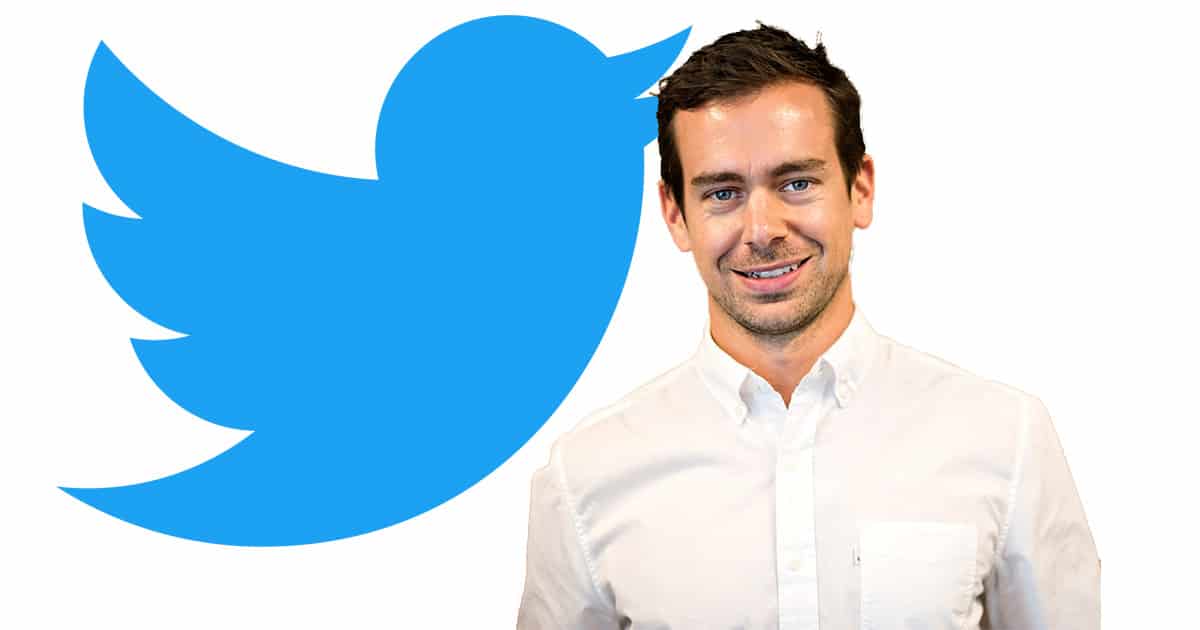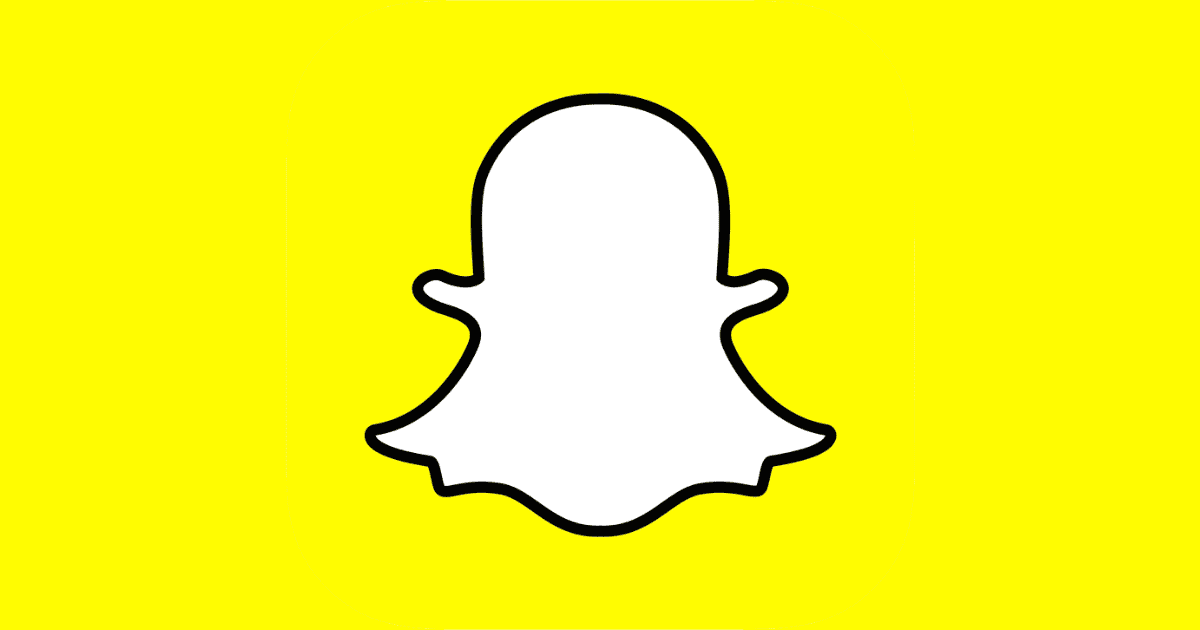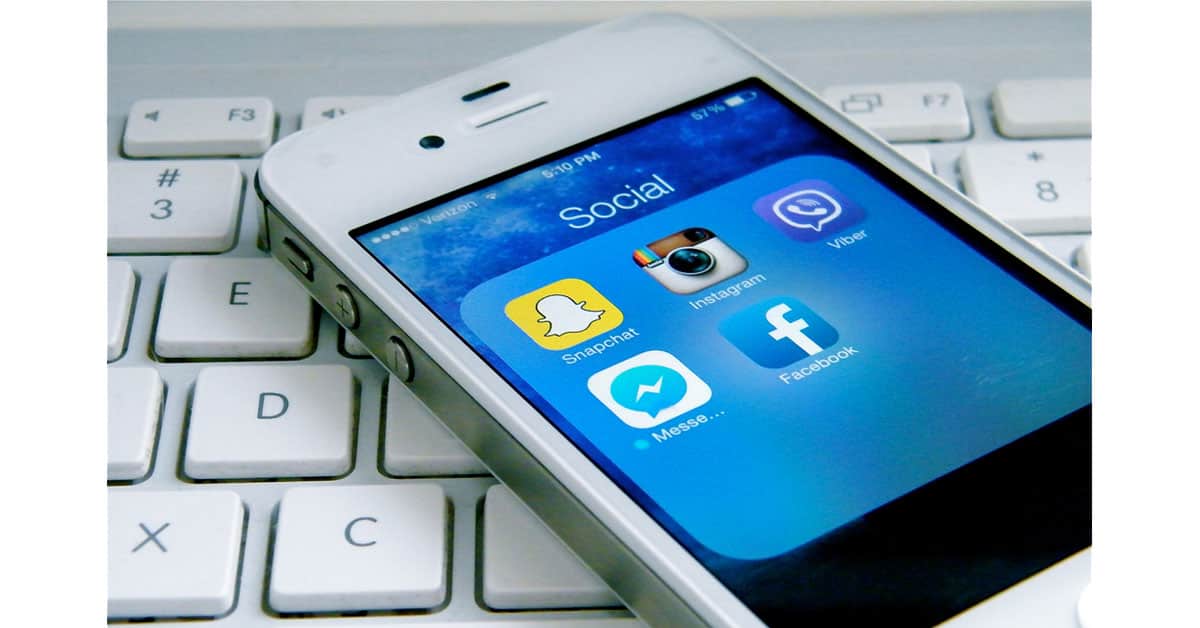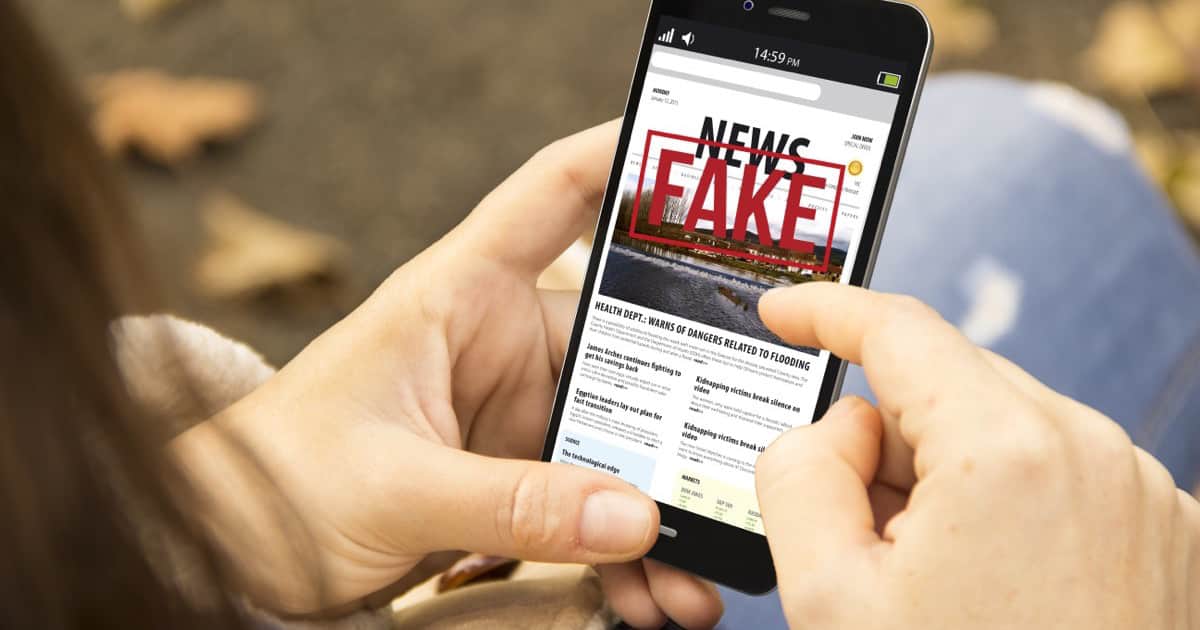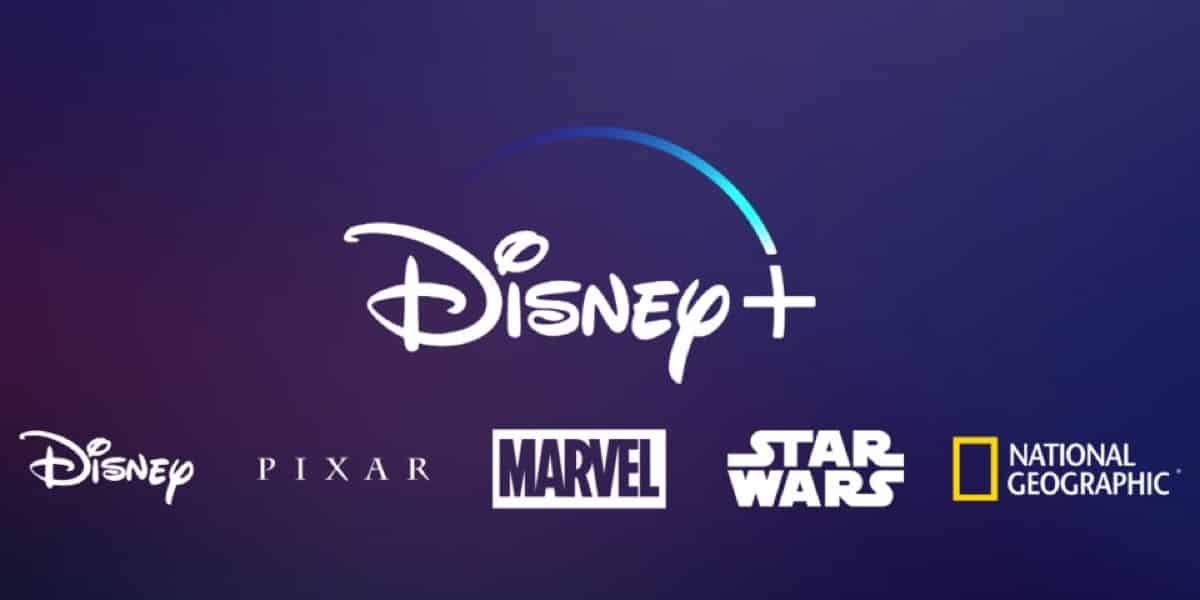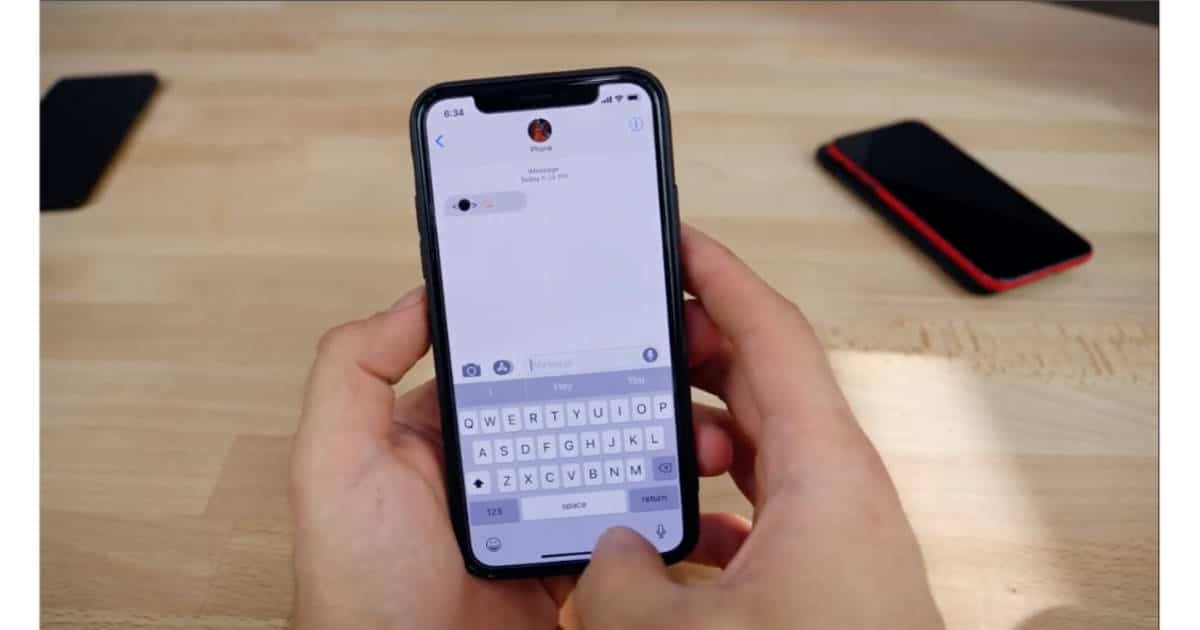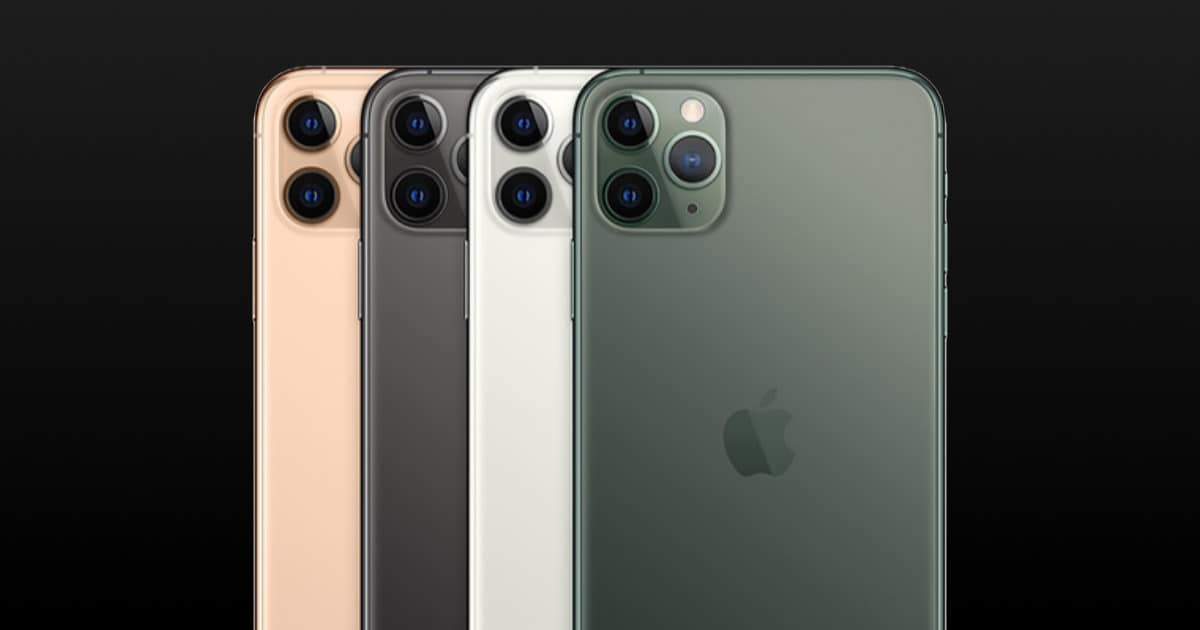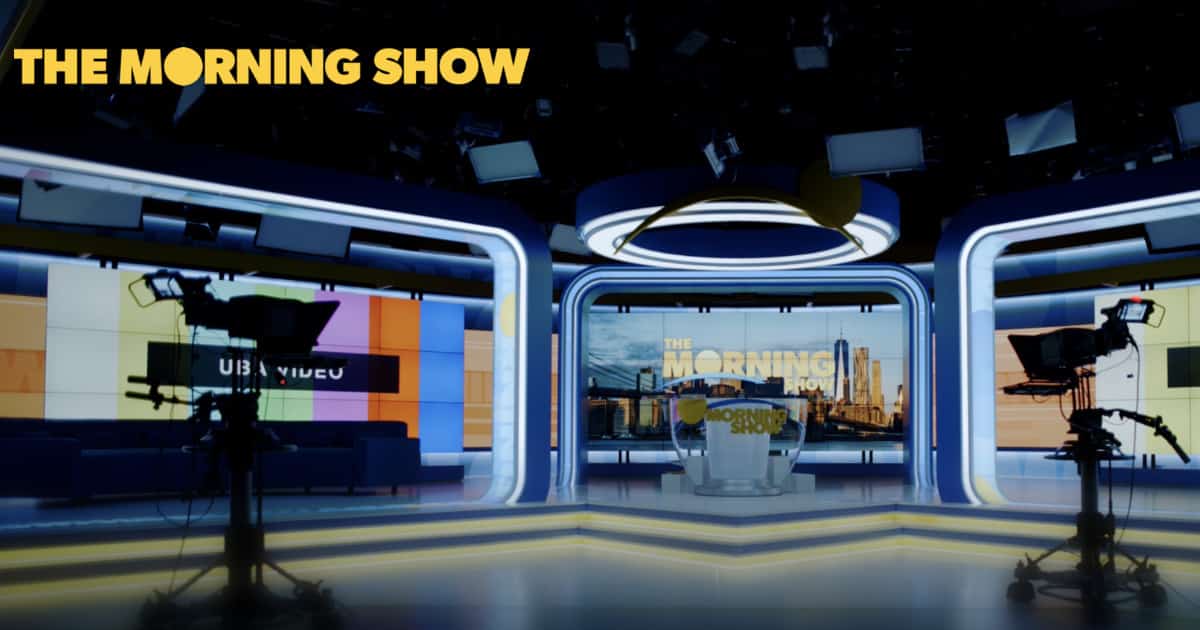An investigation into Goldman Sachs has been opened following accusations that the Apple Card credit offered a higher credit-limit to men.
How AR App Healium Helps Veterans Manage Anxiety
Apple shared the story of an AR app called Healium. It helps veterans manage their anxiety using a blend of storytelling, neuroscience, and game design.
iPhone 11 Pro and Max Storm Alibaba Singles Day
It’s Singles Day in China – Alibaba’s equivalent Amazon Prime Day. Apple did exceptionally well out of the event, so-called because of all the 1s in the date. The iPhone 11 Pro and Pro Max were two of the best selling items during the event, Cult of Mac reported. As trade tensions ease, the new devices seem to be proving very popular in the country.
This year’s 24-hour shopping event has surpassed last year’s 213.5 billion yuan (more than $30 billion) record for gross merchandise value sold. The iPhone 11 Pro and Pro Max were reportedly two of the top-selling items during Singles Day. 2019 marks the 11th Singles Day event. It’s a 24-hour period, held every November 11, in which Alibaba offers big discounts on its e-commerce site. Last year, Singles Day exceeded spending by consumers on both Black Friday and Cyber Monday.
Next Apple Watch May Have Touch ID in The Display
The next generation of Apple Watch might have antennas in the band and Touch ID in the display. That’s according to a new patent uncovered by Patently Apple. The U.S. Patent and Trademark Office granted the Patent on Thursday.
Today the US Patent & Trademark Office published yet another patent application from Apple that covers moving the internal watch antennas to a future Apple Watch band – and possibly adding Touch ID to the display. Apple’s invention generally relates to antenna assemblies for watch bands, and, more particularly, to stretchable antenna elements embedded into watch bands. The watch band provides wireless communication via an antenna embedded within the watch band in a manner that protects the structural integrity and operation of the antenna. The watch bands described provides antenna assemblies that adaptably stretch, bend, and flex with the bodies of the watch bands. The embedded antenna assemblies avoid damage from applied forces while also maintaining the compliance and comfort of the watch band while worn by a user.
How Everyone Ignored it When Steve Jobs' Shared The Secrets of iPad Success
During the 2010 media event unveiling the iPad, Steve Jobs revealed much of Apple’s strategic thinking behind the product. However. as an editorial on AppleInsider, points out, much of the industry ignored it.
It was as if Jobs were giving the industry a Xerox PARC style tour of the secret labs inside Apple. He not only revealed the next big thing that would radically change the computing landscape but also detailed exactly what was going to make it commercially successful. To compete for relevance and fill a valuable niche between a regular PC and a phone, Jobs said iPad would need to be much simpler to use than a PC. And to stand apart as useful next to a smartphone, it would be critical to have tablet-optimized mobile apps that were more sophisticated than a phone. These ideas may seem obvious today, but were once opposed and defied by competitors and critics.
If Your YouTube Account Isn’t ‘Commercially Viable’ Google Will Delete It
According to YouTube’s new terms of service, your YouTube account can be terminated if it isn’t commercially viable enough. The phrasing is broad enough that some people think this means Google will take action against people using adblockers.
YouTube may terminate your access, or your Google account’s access to all or part of the Service if YouTube believes, in its sole discretion, that provision of the Service to you is no longer commercially viable.
I’m personally not sure if that’s the case. You don’t need a Google account to watch YouTube, nor does Google need you to have an account for it to track you.
This is Where You Cut Me Off – Mac Geek Gab 788
Cleaning up your Photos libraries, Protecting against ransomware, remapping keyboard shortcuts, and Catalina’s USB drive crashes are just a few of the important questions your two favorite geeks hit in this week’s show. There’s more, including some Cool Stuff Found and some Quick Tips that will blow your mind. Listen as John and Dave share each of these, helping you learn at least five new things this week!
Jack Dorsey Stops Trolling Facebook And Praises Latest Instagram Experiment
Jack Dorsey has rather gleefully mocked Facebook recently, but was right behind it the company’s experiment of not showing Instagram ‘Likes’.
The (New) Mouse I Love…
Dr. Mac says the new Logitech MX Master 3 mouse is, “closer to perfection than any other pointing device he’s ever used… find out why in episode #356 of Dr. Mac’s Rants & Raves.
Mondly Lifetime Subscription (1 Language): $39.99
We have a deal on a lifetime subscription to Mondly, the language-learning platform. Mondly uses speech recognition and only gives positive feedback if you speak clearly and correctly. The deal I’m linking to is for one language for $39.99. There are deals available in the listing for 5 and all languages, too.
Spotting Fake News, MacBook Complaints – TMO Daily Observations 2019-11-08
Charlotte Henry and John Martellaro join host Kelly Guimont to talk about finding misinformation in your news, and Apple’s laptop situation.
Deidre O'Brien Admits: 'At Apple, Most People Had Written us Off' in Early 2000s
In a recent interview with InStyle, Deidre O’Brien talked about the influence of Steve Jobs, and some of Apple’s darkest days.
Disney+ Coming to European Countries, But Not Until March 2020
Disney+ is coming to the UK and other European countries, but not until March 31st, 2020, nearly five months after its launch in the U.S.
How to Use the Brand New VSCO Snapchat Lens
Today VSCO announced the launch of a VSCO Snapchat lens called Analog, giving people a chance to unleash their creativity. Here’s how to use it.
Judge Rules Cops can Search Through DNA Database GEDmatch
A judge recently ruled that law enforcement have the ability to search through DNA database GEDmatch, overriding the choice of its over one million users.
In the wake of that attention-grabbing case, GEDmatch changed its policies in May 2018 to make it less easy for police to access their data. Users now have to opt in to having their data made available to police; information they upload is set to private by default. Rogers told the NYT that as of October, less than 15% of current users, 185,000 out of 1.3 million, have opted in to sharing their data with police.
This Person Invented a Giant AirPod
Losing your AirPod is annoying. So someone invented a giant one. That person, Aaron B, told Mashable about it.
Building the replica was a bit of an undertaking. Aaron explained to Mashable that it took about five hours to model it, then another 15 hours to print it using a 3D printer. Despite this, Aaron called the build “pretty simple,” and offered his CAD model incase anyone else wants to try their hand at it. But the best part of this giant AirPod is that it is fully functioning. Not only does it look hilarious, but it’s able to play music via Bluetooth as well. “I got the idea from someone who made one a few years ago,” Aaron told Mashable. “Theirs was made in a similar way (3D printed housing and Bluetooth speaker electronics inside), but that model was a bit rough from scaling it up so much.”
Stop Broadcasting Polarizing Advertising to Millions of People
Twitter CEO Jack Dorsey surprised a lot of people when he announced that the company would stop allowing paid-for political advertising. Targeted advertising as a whole is a hot topic at the moment. But, as Carl Millar points out for Wired, we need to think very carefully about how we discuss, and potentially amplify, these messages.
The battle for influence online is largely fought over attention. Cutting through the online noise to get something in front of you is half of the battle campaigners face and – of course – that’s what advertising is for. Now, suddenly – projected on studio screens, in countless write-ups and think pieces – ads intended to be seen only by a tiny few are instead broadcast to millions. It’s a weird reverse effect: the more granular the ad, the more likely it is to suddenly find an enormous audience as part of a discussion about whether people seeing it is bad for democracy. This certainly won’t be lost on the campaigns themselves. Advertisers have long courted publicity as one of the easiest and most effective ways of building buzz around their message
Only 44% of People Correctly Spotted Fake News on Facebook
In a small study (n=80) undergraduate students were fitted with a wireless electroencephalography (EEG) headset. They were then asked to read political news headlines as they would appear on a Facebook feed to determine their credibility. They overwhelmingly chose headlines that aligned with their political beliefs as true.
“We all believe that we are better than the average person at detecting fake news, but that’s simply not possible,” said lead author Patricia Moravec, assistant professor of information, risk and operations management. “The environment of social media and our own biases make us all much worse than we think.”
Disney+ Will be on Amazon Fire TV
The soon-to-be-launched Disney+ streaming service will be available on Amazon Fire TV, CEO Bob Iger has revealed.
Why You Got Weird Text Messages The Other Day
Did you get a lot of weird text messages on November 7th? Popular Mechanics looks to have the answer. It seems a glitch meant old, possibly previously unsent, messages ended up going through.
If you’re one of those people, it looks like this (probably) wasn’t a hack. According to a post from 92 Moose, an FM radio station in Maine, U.S. Cellular confirmed that the ghost texts are the result of a glitch in telecommunications infrastructure, specifically to the “cross carrier messaging system,” which is a joint venture that the four major phone carriers committed to in late October. According to an October press release from Sprint that also involves AT&T, T-Mobile, and Verizon, the “Cross Carrier Messaging Initiative” will “deliver the next generation of messaging to consumers and businesses” by developing a new messaging standard that the companies said would roll out in 2020. It looks like the point was to improve group chats across carriers when sending photos and videos. Think about all the green bubble people out there getting weird messages that iPhone users have “emphasized” a message in iMessage, which basically just repeats the text, but shows none of the animation that blue bubble iPhone users see, like fireworks, thumbs-up signs, and more.
iPhone 11 Pro Max on DxOMark Scores Third Place
The iPhone 11 Pro Max on DxOMark scores third place with an overall score of 117. This is the same score as Samsung’s Note 10 series.
'The Morning Show' Has a Ton of Apple Product Placements
During The Morning Show, a new series for Apple TV+, Apple product placements are visible for an average of 32 shots per episode.
Use Apple Pay With Uber Eats to Get $5 Off
The newest Apple Pay promotion is here. Use Apple Pay with Uber Eats to get US$5 off your order from November 8 to November 10.
We're Still Waiting for Sign In with Apple to Take Off
Sign In with Apple is a private, convenient way for Apple customers to create accounts with apps and websites. But so far only a smaller number of developers have implemented it. Apple says that if apps include other single sign-on options like Facebook and Google, they have to include Sign In with Apple. April 2020 is the deadline and it can’t come soon enough.
While other companies such as Facebook and Google already offer their own sign in buttons, those options allow app makers to access more of users’ personal information…By comparison, Sign in with Apple only shares your name and an email address with the app maker, and using your real email address is optional.
